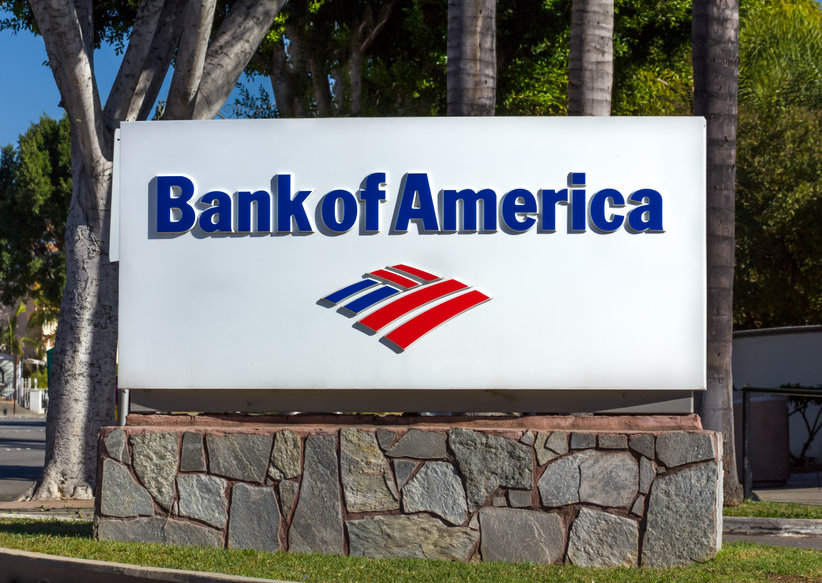
BofA says Bitcoin is not a good store of value or inflation hedge as long as it trades more like stocks than gold.
Bitcoin’s correlation to stocks has increased significantly since its peak in November 2021 and currently trades more like a risk asset that its reference as digital gold, analysts at Bank of America said on Wednesday.
According to Alkesh Shah, a lead analyst at the US banking giant, Bitcoin’s growing lockstep trading with stocks has removed the benefit the cryptocurrency had for investors as a hedge against inflation.
Volatility, Shah said in a note from the bank, meant it’s no longer trading alongside traditional hedge assets such as gold.
As such, the BofA analyst suggests that the flagship cryptocurrency is unlikely to gain traction, in current circumstances, as a store of value.
Insider quotes the Bank of America strategist as saying that correlation between Bitcoin and gold has shrunk to near-zero levels. Meanwhile, the crypto asset has seen the correlation with stocks surge to all-time highs during last month’s market sell-off.
And with Bitcoin trading in lockstep with the Nasdaq 100 and the S&P 500, it's expected the digital gold would continue to lose its appeal as a possible ‘safe haven asset.’
BofA thus expects the benchmark crypto to lead the rest of the digital asset market in remaining risk assets as long as volatility remains so high.
While the analysts see volatility in Bitcoin prices as a factor likely to put investors in developed markets off, they say the outlook may be different in developing economies. The bank believes those in countries plagued by runaway inflation are likely to see BTC as a better inflation hedge or store of value.
Bitcoin traded to highs near $45,000 on Wednesday to maintain its slight upside momentum after plunging more than 50% from its peak last year. The cryptocurrency is now 35% off that peak, while gold has stayed around the $1,800 per ounce level.
Elsewhere, stocks have fluctuated massively year-to-date, with Nasdaq sinking into correction in January amid rising inflation and a hawkish tilt from the US Federal Reserve.

